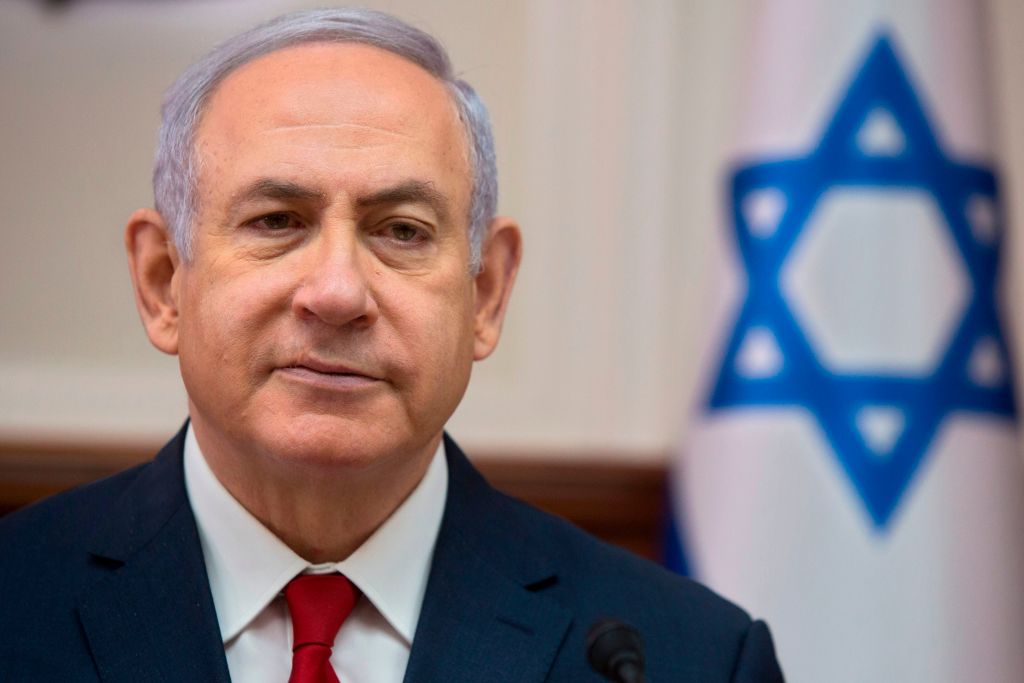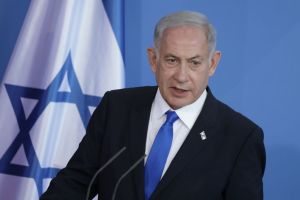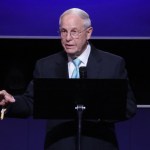Is Israel a Jewish state, or is it just a state of Jews? Just how Jewish can a state be without interfering with its core democratic ideals? Does a Jewish state necessarily mean a religious state? These are the sorts of questions that Jews around the world have been asking themselves since the modern state of Israel evolved from dream to reality.
The questions are complicated; the answers more so.
In the last few days, these questions have been given renewed importance and urgency. The answers have inspired deep fissures within the state of Israel and within the broader Jewish community.
This Monday marked 25 years since Baruch Goldstein, a Jewish terrorist, entered the cave of the Patriarchs and shot up a room full of Muslims at prayer. He murdered 29 of them and injured many, many more. Every race, religion, and ethnic group has their share of lunatics and murderers, and Goldstein proved that unfortunately, we Jews are no exception. But the reaction to his crime within Israeli society and within the international Jewish community highlighted a sharp distinction between the Israelis and the Palestinians.
Fringe elements may do so, but the Jewish faith does not glorify death. But it isn’t the fringe elements within Palestinian society who name town squares after terrorists. It isn’t the fringe elements within Palestinian society who pay, honor, and support the families of ‘martyrs.’ It was, on the other hand, only the fringe members of the Jewish community who glorified Goldstein and praised the man who inspired him: Meir Kahane. In a timely and important piece in which he demonstrates how Kahane and his followers desecrate God’s name, Yossi Klein Halevi explains that ‘Kahane remained isolated within the settlement movement and, of course, within the wider religious Zionist community. Respectable, middle-class Orthodox Jews didn’t like him.’ Kahanism, Halevi writes, ‘was being confined to the fringes.’ He notes that ‘when Kahane spoke from the Knesset podium, after being elected a member of parliament in 1984, Prime Minister Yitzhak Shamir led a walkout of the Likud faction.’ And as for Baruch Goldstein: ‘he was repudiated by almost the entire political and religious establishment; the settlers’ publication, Nekudah, called his atrocity a desecration of their cause.’
Bibi Netanyahu has changed all that with one ill-advised and immoral political calculation. In bringing Otzma Yehudit (Jewish Power), a party steeped in Kahanism, into an alliance with the Jewish Home party, Netanyahu has ceded the moral highground, welcomed racists into the Israeli mainstream, and proved his critics right: his own power has long been his first, and maybe only, priority.
I write this with genuine, perhaps even naive, disappointment. I haven’t always agreed with every decision the Prime Minister has made. I haven’t always appreciated his word choices in every situation. But I have long believed that his critics were wrong. Bibi, in my view, was a brave, honorable man of destiny, a strong leader that the state of Israel was fortunate to have at its helm.
His recent actions have proved otherwise, but they have also demonstrated the degree to which the mainstream religious Zionist community still distances itself from Kahanism.
In addition to Halevi, one voice sticks out in particular: that of Rabbi Benny Lau. In a sermon in his synagogue this past Saturday, and again in a piece on Monday, Rav Lau did not mince words: ‘the doctrine of Otzma Yehudit is stepped in racism,’ he wrote, ‘we the descendants of Jews who were murdered in the name of the Nuremberg law, must safeguard our one and only state, our irreplaceable home, and distance it from these racist values.’
And indeed, we must. Jews have not just a moral obligation, but a religious obligation to heed Rabbi Lau’s call. Being a Jewish state is about more than having an abundance of Kosher food or Hanukkah being a national holiday. It’s about more than Friday being a day off so people have time to prepare for Shabbat. As an American Jew, I usually refrain from wading into internal Israeli political matters. I don’t live there, and I recognize that as such, I don’t have a say. I know many Jews who feel similarly. This is different. This is a moment where we have to speak up. Not just Israelis, but all Jews, everywhere. The Jewish state should not be governed by a man who abandons basic Jewish principles.
Daniella Greenbaum Davis is a Spectator columnist and Senior Contributor to the Federalist.


















